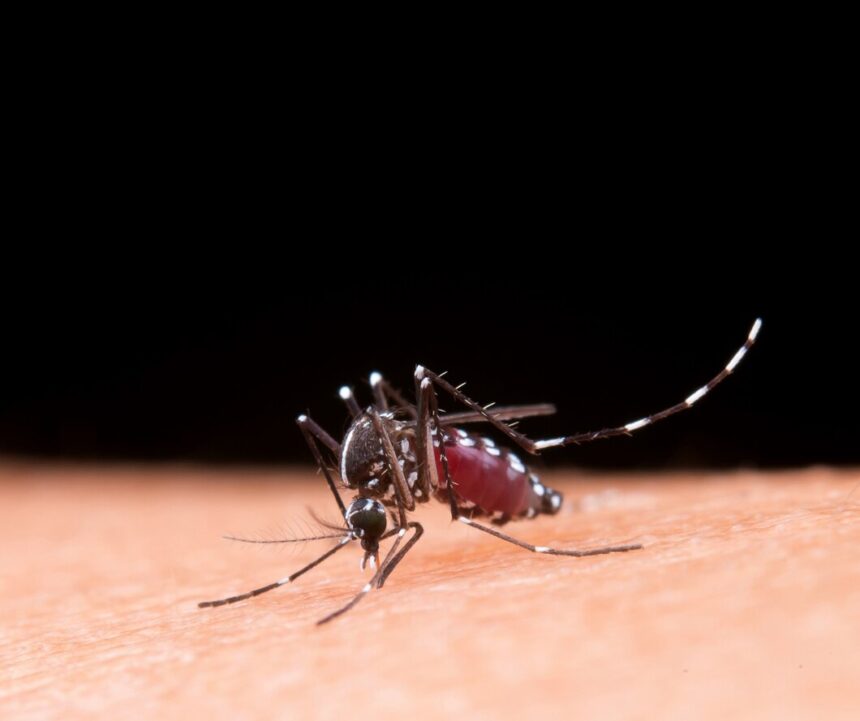Malaria is a potentially life-threatening disease caused by parasites transmitted through the bites of infected female Anopheles mosquitoes. Children, particularly those under the age of five, are among the most vulnerable to malaria due to their developing immune systems. Early detection and treatment are crucial to reduce morbidity and mortality associated with the disease. Here are the early signs and symptoms to watch for in children.
1. Fever and Chills
One of the most common early symptoms of malaria in children is a sudden onset of fever. The temperature can rise significantly, often accompanied by chills. Parents should monitor their child’s temperature, as recurrent fever is a hallmark of malaria.
2. Fatigue and Weakness
Children with malaria often exhibit unusual fatigue and weakness. They may appear more lethargic than usual and may have difficulty engaging in normal activities or play.
3. Headaches
Severe headaches are frequent in children with malaria. These headaches can be persistent and may worsen as the disease progresses.
4. Nausea and Vomiting
Children may experience gastrointestinal symptoms, including nausea and vomiting. These symptoms can lead to dehydration, making it vital for caregivers to encourage fluid intake.
5. Muscle and Joint Pain
Muscle and joint pain are common complaints in children with malaria. They may express discomfort in their limbs or joints, which can be mistaken for other illnesses.
6. Pallor and Anemia
Malaria can lead to anemia due to the destruction of red blood cells. Signs of pallor, particularly in the skin and the conjunctiva (the mucous membrane covering the eyes), can indicate anemia. Regular monitoring of a child’s hemoglobin levels can help detect this complication early.
7. Respiratory Symptoms
In some cases, children may develop respiratory symptoms, including cough and difficulty breathing. These symptoms can be confused with other respiratory infections, making it essential to consider recent travel to malaria-endemic areas.
8. Changes in Appetite
A decrease in appetite is another early sign of malaria. Children may refuse to eat or drink, which can further complicate their condition.
9. Irritability and Behavioral Changes
Malaria can affect a child’s mood and behavior. Increased irritability or changes in sleep patterns can be early indicators of the disease.
10. Seizures
In severe cases of malaria, particularly caused by Plasmodium falciparum, children may experience seizures. This symptom is a medical emergency and requires immediate attention.
Recognizing the early signs and symptoms of malaria in children is critical for prompt diagnosis and treatment. If a child exhibits any combination of these symptoms, especially following exposure to mosquito bites or travel to endemic areas, caregivers should seek medical advice immediately. Early intervention can significantly improve outcomes and reduce the risk of severe illness or death from malaria. Preventative measures, such as mosquito nets and antimalarial medications, are also essential in protecting children from this dangerous disease.










